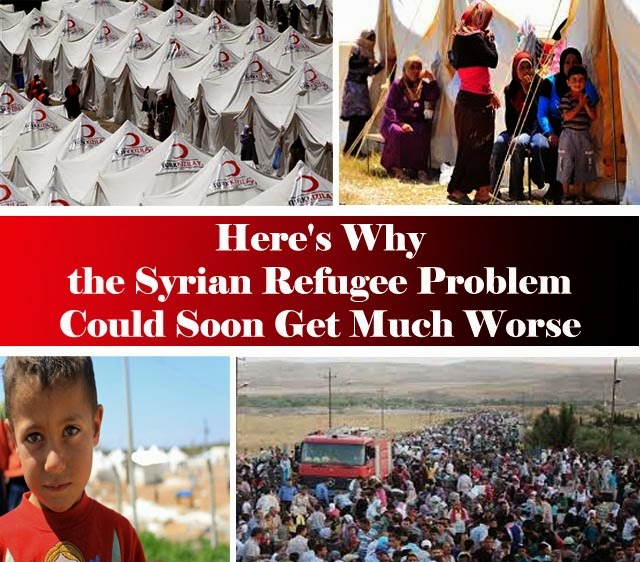by Nomad
The human mind was made to search for recognizable patterns. Generally speaking it has aided the survival of our species. But sometimes, this predisposition can also lead us down the wrong paths.
Riddle me this.
What is the correlation between the divorce rate in Maine
and the per capita consumption of margarine in the United States? According to the graph below, as less margarine was consumed nationally, the divorce rate in Maine declined.
Can you guess?
What about this? What could be the connection between the per capita US consumption of cheese and the number of people who died by becoming tangled in their bedsheets? The graph below provides the proof of there is some kind of relationship between the two.
The more people that ate cheese around the country, the more people were found dead throttled by their knotted bed sheets.
So, what's going on with the dairy products in the US?
The more people that ate cheese around the country, the more people were found dead throttled by their knotted bed sheets.
So, what's going on with the dairy products in the US?


